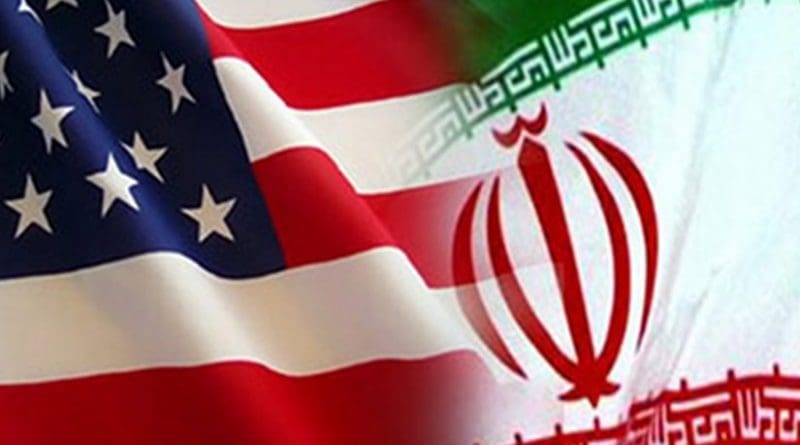Iran Deal Hangs In Balance After US Sanctions Vote
By Arab News
By Joyce Karam
With 63 days left in office for US President Barack Obama, his biggest diplomatic breakthrough in the Middle East, the controversial Iran nuclear deal, is hanging in the balance after Congress voted to increase sanctions.
The House of Representatives on Tuesday voted unanimously 419-1 to reauthorize another 10 years of Iran sanctions legislation, which was due to expire at the end of this year under the Iran Sanctions Act (ISA).
Experts on different sides of the issue agree that the legislators’ move is a harbinger of what is to come in the post-Obama era, with question marks hanging over the future of the nuclear deal under President Donald Trump.
The move by Congress, a blow to Obama, follows earlier statements made by Trump, who said the nuclear deal between Iran and Western powers was “disastrous” and it would be his “number one priority” to dismantle it. The president-elect’s tone has changed recently, however, in the direction of “renegotiating” the agreement.
Thomas Pickering, a prominent former US ambassador who served under six American presidents, both Republican and Democrat, tells Arab News that “if Congress increases sanctions, Iran would probably pull out of the nuclear deal.”
He cautions however that such a withdrawal would only involve the US, since the deal is multilaterally enforced and under the UN Security Council auspices.
The former ambassador, who advocated for the deal, envisions a scenario in which Iran would uphold its economic commitments with the rest of the P5+1 nations while doing away with contracts and commitments with the US.
It would be up to President-elect Donald Trump to direct the policy, and depend on whether he would walk in Obama’s footsteps by threatening to veto any new sanctions bill, or whether he would honor Congressional direction and escalate sanctions on Iran.
For Mark Dubowitz, the executive director of the Foundation for Defense of Democracies, the status of sanctions and the deal is not necessarily a zero-sum game.
Dubowitz, an expert on sanctions against Iran, tells Arab News that following Tuesday’s bipartisan vote, the restrictions are likely to come into place early next year.
“Congress is likely to move on a comprehensive sanctions package early in 2017 that targets Iran’s malign activities outside the JCPOA (Joint Comprehensive Plan of Action),” he said.
Dubowitz also expects the new Trump administration to fully support this and uphold the new sanctions.
The Obama administration has been reluctant to escalate tensions with Iran, out of fear it would create backlash — either through Tehran withdrawing from the nuclear deal, hurting US companies who have newly invested in Iran, or through a retaliation in Iraq and Syria.
But this narrative is likely to change under the new administration.
Speculation surrounding Trump’s frontrunner appointments for Secretary of State and Secretary of Defense points in the direction of an escalation toward Iran.
Contenders such as former Mayor Rudy Giuliani, former Ambassador John Bolton, Sen. Bob Corker and Sen. Tom Cotton have all voiced support for a new sanctions package — and echoed deep reservations about the deal itself.

